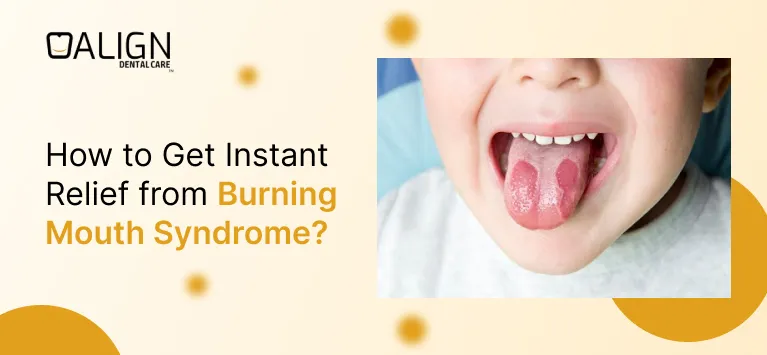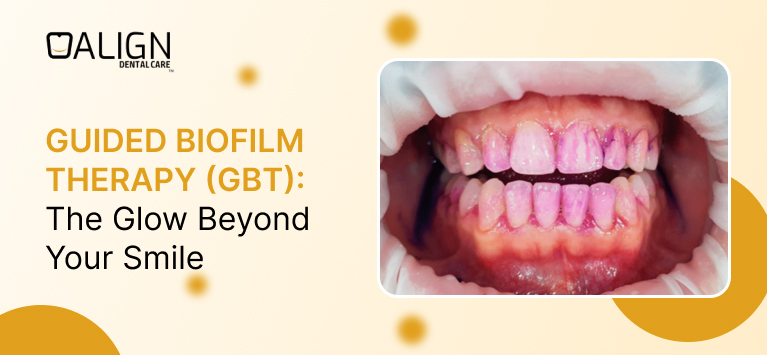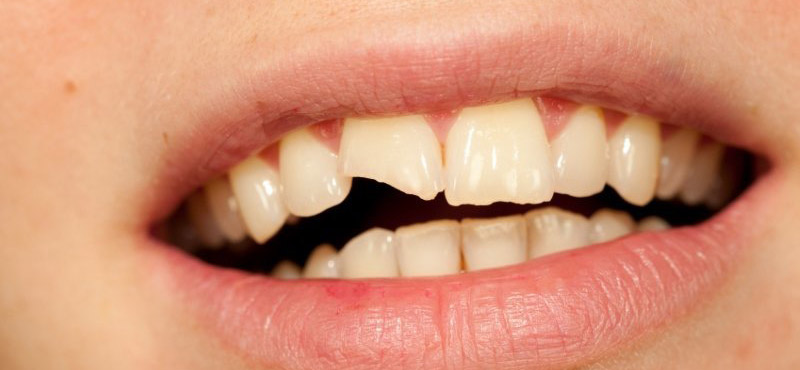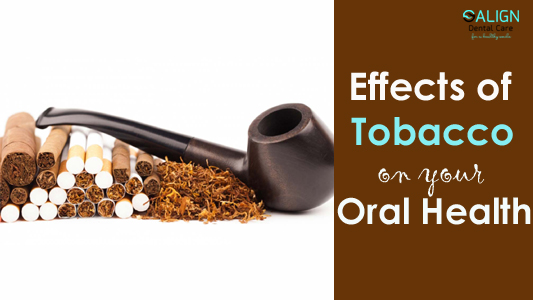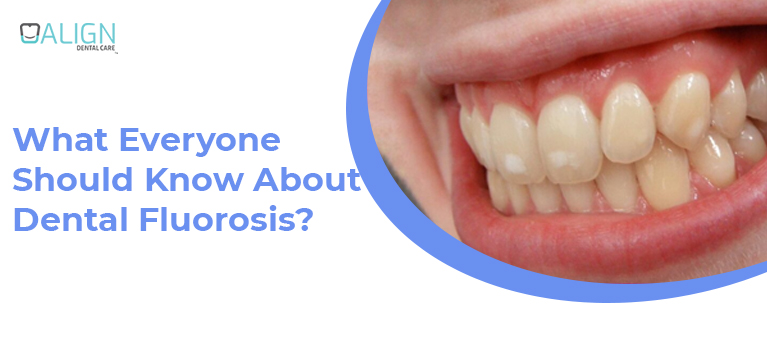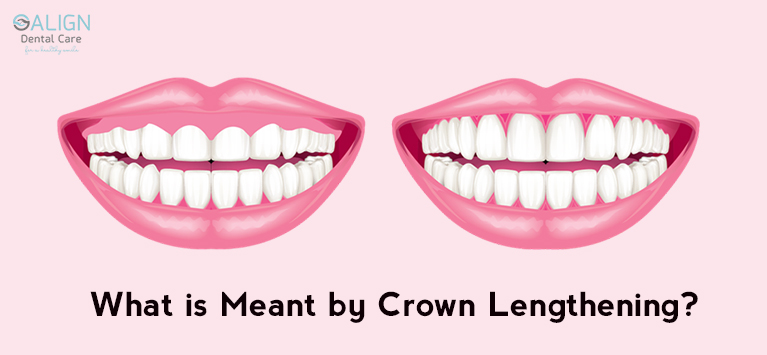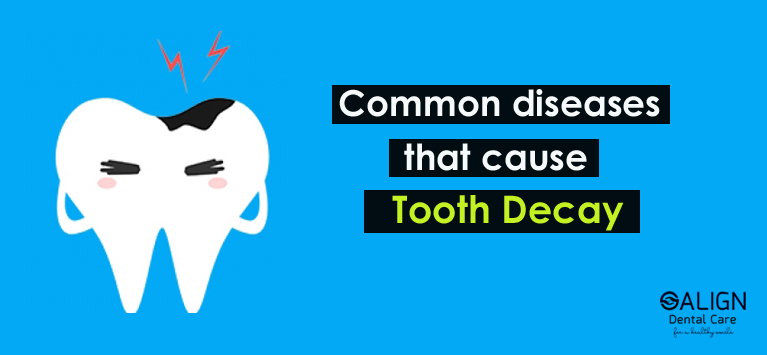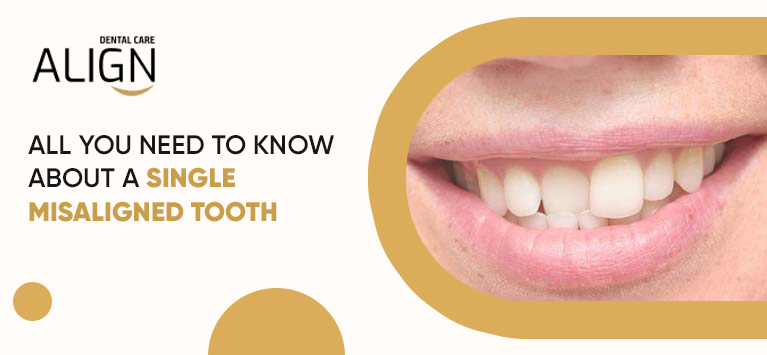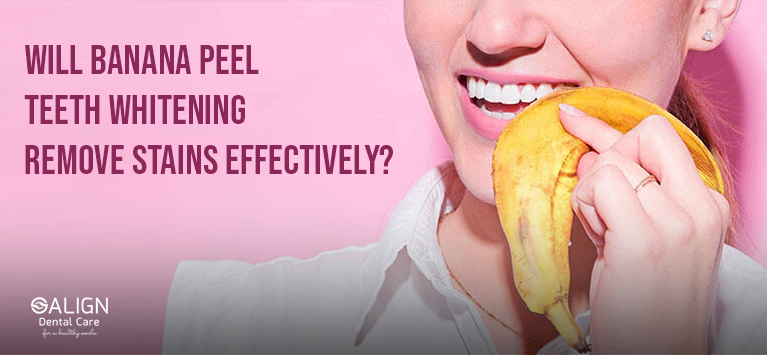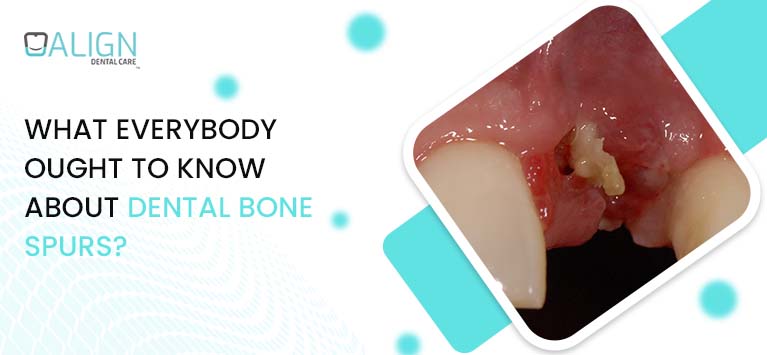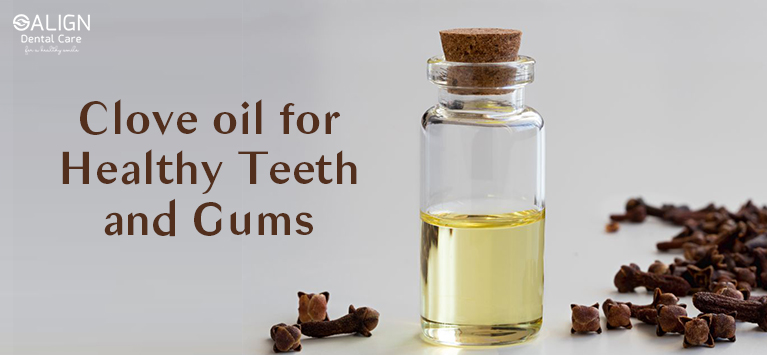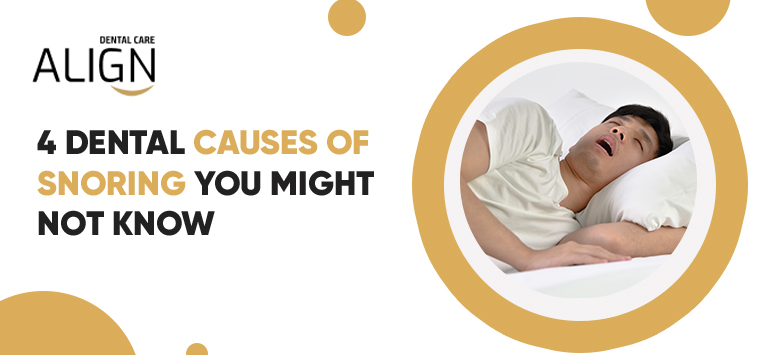
4 dental causes of snoring you might not know
Snoring is a benign condition until it becomes chronic. People of all ages snore at times, but regular snorers are more likely to develop serious ailments like stroke, blood pressure, heart problems, etc.
It happens due to obstructed breathing while sleeping. When the airway is partially blocked or narrowed, air cannot flow freely in the airway.
In such circumstances, soft tissues in the upper airway vibrate against each other while breathing, followed by producing a harsh sound. As snoring has roots in sagging tissues in the upper airway tract, various factors like nasal congestion, overweight, and alcohol consumption are responsible for it.
Likely, certain dental problems also provoke snoring. We have seen many teeth grinders suffering from snoring.
In this blog post, our dentists list a few dental conditions that can lead to snoring. Keep reading.
Table of Contents
What are the dental causes of snoring?
Abnormalities in teeth and oral tissues can affect the physiology of our mouth, having aftereffects like jaw structure changes, narrowing down the airway, etc. Researchers found that the following oral problems increase the likelihood of developing snoring:
Missing teeth
Teeth play a crucial role in preserving the structure of your mouth and jaw. If you ignore replacing a missing tooth, it will make your mouth collapse inward. It is followed by bone loss in the jaw or a shrinking jaw. In such circumstances, the tongue has less room inside the mouth to sit comfortably, so the tongue obstructs the airflow into and out of the mouth. Hence snoring occurs.
Moreover, it is hard to close the lips correctly when bone resorption occurs. It leads to breathing difficulties and snoring.
Wisdom teeth eruption
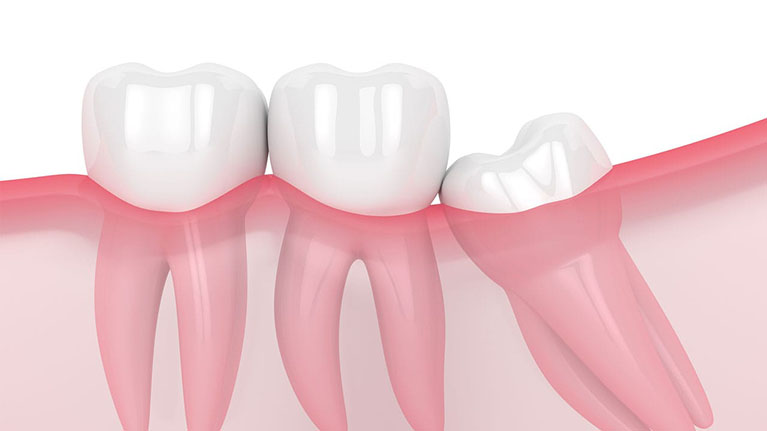
Wisdom teeth (or) Third molar teeth generally erupt between 17 and 25. As these teeth erupt lately, our mouths do not have sufficient space to accommodate the wisdom teeth. Hence they will erupt partially or come in awkward angles, causing various discomforts like pain, overcrowding of teeth, etc.
Moreover, the soft tissues surrounding the partially erupted teeth are susceptible to infection and become inflamed. This condition is called Pericoronitis. Pericoronitis patients would keep their mouths open while sleeping. As it makes the victims breathe through their mouths instead of their nose, they start to snore frequently.
Misaligned jaw
Temporomandibular joint is where our jaw bone is connected to the skull. It should be well-aligned for the regular functionalities of our mouths. When it is misaligned due to habits like teeth grinding and clenching of teeth, the lower jaw tends to stay far back from the mouth. It will upset the jaw bone’s support to the tongue hence that the tongue will partially obstruct the airflow, causing snoring.
Throat muscle spasms
When muscles in the throat contract too much (i.e.) relaxed excessively, it gives a feel of a large object stuck in the throat. This condition is called throat muscle spasms or Cricopharyngeal spasms.
Such relaxed tissues in the throat block the airways and vibrate against each other with airflows, leading to snoring.
Bottom line
Snoring begins with obstruction in breathing. Aside from factors like age, sleeping position, lifestyle changes, and bodily disorders, various dental ailments also block the airway and make tissues in the throat vibrate. The more forceful the airflow becomes, the more the harsh sound it produces.
If snoring is left untreated, it will cause oral problems like dry mouth, cavities, gum diseases, etc. Moreover, it is associated with problematic health conditions like hypoxia, type 2 diabetes, etc.
Luckily, you have various snoring treatment options like CPAP machines, thanks to advancements in dentistry. We recommend consulting a dentist if you notice symptoms like pain in teeth and jaw while getting up from bed, gasping for breath, swelling in gums.
It is because they indicate oral ailments cause your snoring problems.






